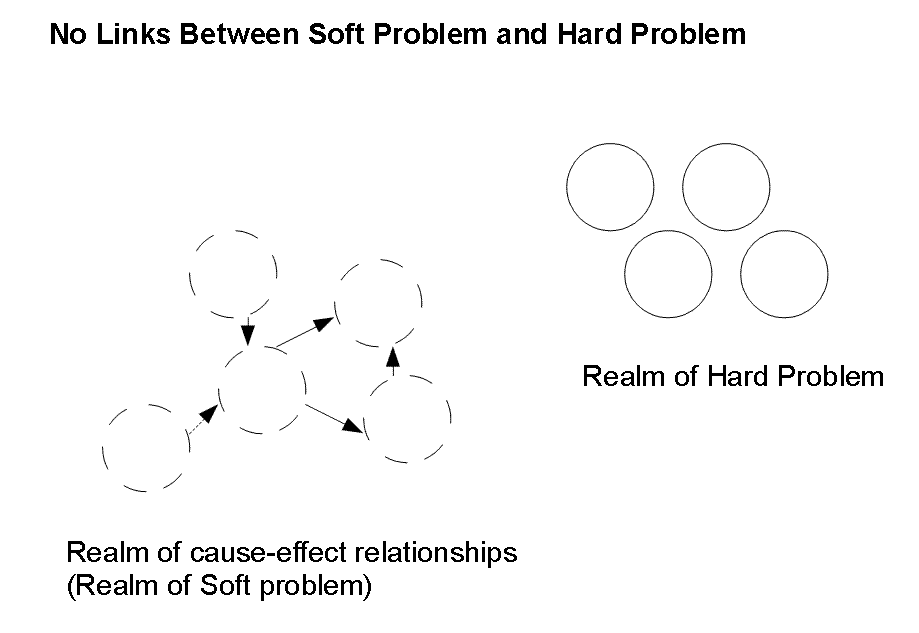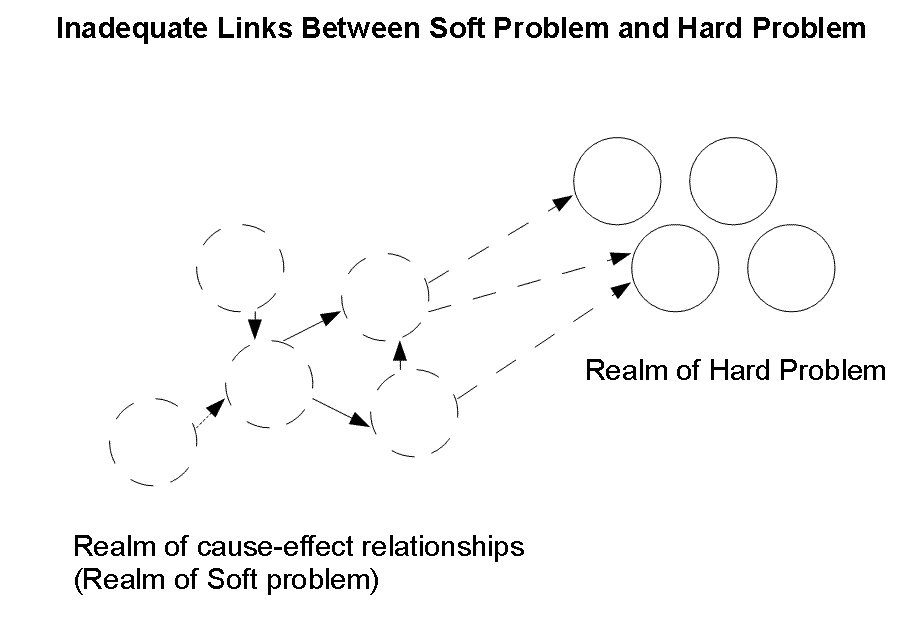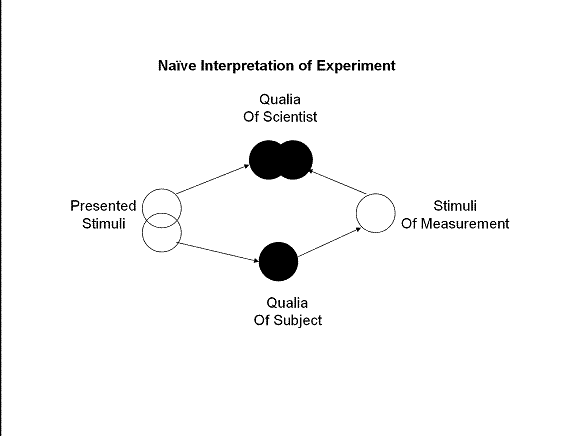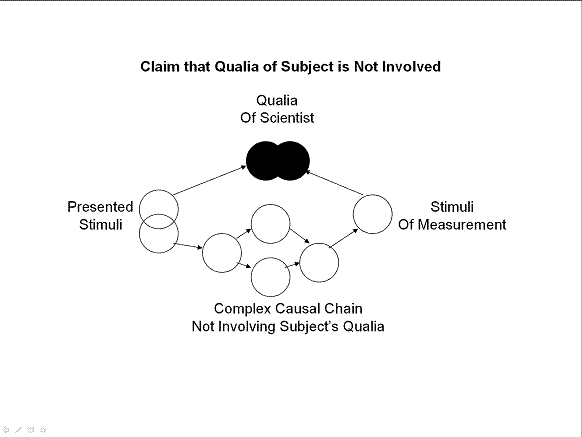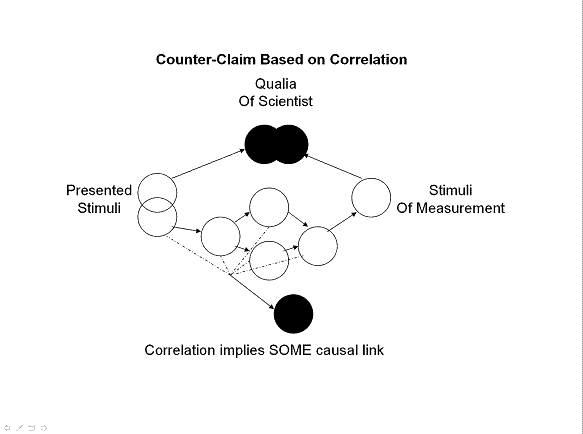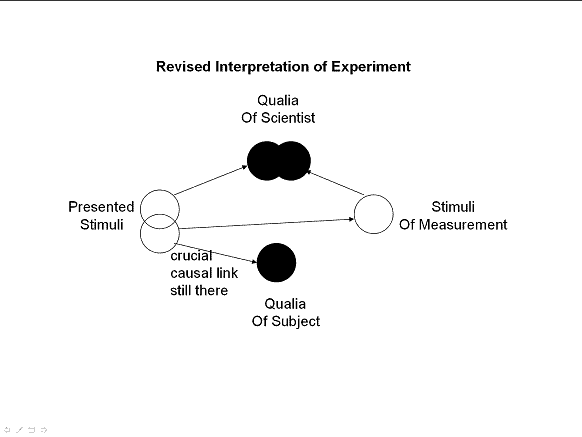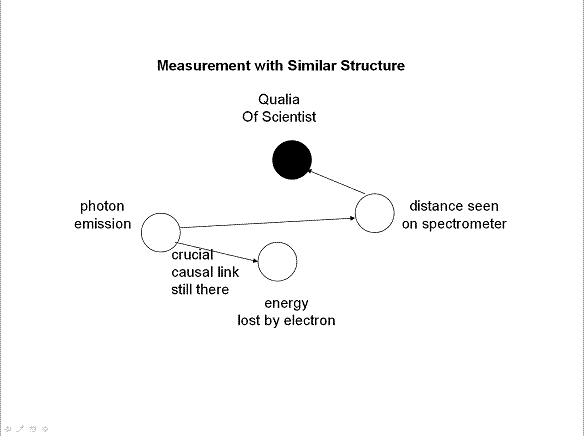1) Are the phenomena that need explanation the same in the hard problem as in the soft problem?
No.
There are some cross-overs.
2a) If the answer to 1) is no, what phenomena need explanations in the hard problem that don't in the soft problem, and vice versa?
The ultimate answer to the hard problem would explain things like:
Why we aren't philosophical zombies.
The origins of consciousness.
Whether the experience you and I both label red, is in fact the same experience, not just the same label.
Is a system of humans, which functions identically to a human brain, conscious?
What is the function of qualia?
Solutions to the soft problem merely measure correlation. So if the patient reports the sensation of red, that whatever set of physical circumstances that correlates to that report, cause the sensation of red. The sensation of red is never measured.
3) Can you conceive of anything that is neither physical nor mental?
Possibly.
4) Can you conceive of anything that is both physical and mental?
Yes.
Take something mental, and something physical, add them to a system. That system is now both mental and physical.
For both 3 and 4, I obviously cannot conceive of anything not-mental, as conception is a mental process. I allow for the possibility outside of my mind though, which is why I gave those answers.
That does not parallel. That no species evolved outside of a system of evolution is a tautology. That consciousness is produced by brain-activity is not.
A successful parallel is life outside of Earth. We need to prove there is not mental activity outside of neural networks as much as that there is not life outside of Earth. Whether we will be able to, is a different question.
How does it contradict empirical experience when empirical experience is mental activity?
Again, how can two people share an experience of a physical entity, when the experience was a mental entity? One cannot experience a physical entity, instead one has to divert to representational theories of perception, which have similar flaws.
To disprove Idealism, one needs to provide a situation that cannot be accounted for with purely mental phenomena.
We agree on Solipsism.
First of all, Idealism doesn't necessarily state that mind is fundamental. It usually comes in the form of stating claims about the nature of that which is outside of the mental, are done without any evidence. Its usually an attempt to reduce scepticism in this manner.
Secondly, Idealism does not eliminate the soft problem. However, if existence is equated to consciousness, then why consciousness exists is answered by a tautology. Eliminating the hard problem.
Granted, Idealism as in the first paragraph, does not provide the second paragraph's solution.
Solipsism is a similar case.
No.
There are some cross-overs.
2a) If the answer to 1) is no, what phenomena need explanations in the hard problem that don't in the soft problem, and vice versa?
The ultimate answer to the hard problem would explain things like:
Why we aren't philosophical zombies.
The origins of consciousness.
Whether the experience you and I both label red, is in fact the same experience, not just the same label.
Is a system of humans, which functions identically to a human brain, conscious?
What is the function of qualia?
Solutions to the soft problem merely measure correlation. So if the patient reports the sensation of red, that whatever set of physical circumstances that correlates to that report, cause the sensation of red. The sensation of red is never measured.
3) Can you conceive of anything that is neither physical nor mental?
Possibly.
4) Can you conceive of anything that is both physical and mental?
Yes.
Take something mental, and something physical, add them to a system. That system is now both mental and physical.
For both 3 and 4, I obviously cannot conceive of anything not-mental, as conception is a mental process. I allow for the possibility outside of my mind though, which is why I gave those answers.
We need to prove that there is no mental activity outside of the neural network only as much as we need to prove that no species evolve outside of a system of evolution. The bottom line is that today we know of only one way regarding how mental activity arises and that is through brain-activity, all other claims are mere speculation.
That does not parallel. That no species evolved outside of a system of evolution is a tautology. That consciousness is produced by brain-activity is not.
A successful parallel is life outside of Earth. We need to prove there is not mental activity outside of neural networks as much as that there is not life outside of Earth. Whether we will be able to, is a different question.
Idealism is untenable because it asserts that the mind constitutes fundamental reality despite the fact that such a proposition is contradicted by empirical experience. Essentially people have shared experiences about many physical entities, yet the same is rarely the case with regard to most mental experiences. Two people are more likely to have experienced feeling, touching or seeing a certain piece of stone than to have experienced a certain nightmare.
How does it contradict empirical experience when empirical experience is mental activity?
Again, how can two people share an experience of a physical entity, when the experience was a mental entity? One cannot experience a physical entity, instead one has to divert to representational theories of perception, which have similar flaws.
To disprove Idealism, one needs to provide a situation that cannot be accounted for with purely mental phenomena.
We agree on Solipsism.
Idealism does not equate the easy problem with the hard. Idealism posits that the mind is the ultimate reality which suggests that its unlikely that mental activity is caused by the physical. Therefore understanding the relationship between the neurons and mental states is unlikely to solve the hard problem or to explain why some entities are conscious.
First of all, Idealism doesn't necessarily state that mind is fundamental. It usually comes in the form of stating claims about the nature of that which is outside of the mental, are done without any evidence. Its usually an attempt to reduce scepticism in this manner.
Secondly, Idealism does not eliminate the soft problem. However, if existence is equated to consciousness, then why consciousness exists is answered by a tautology. Eliminating the hard problem.
Granted, Idealism as in the first paragraph, does not provide the second paragraph's solution.
Solipsism is a similar case.

